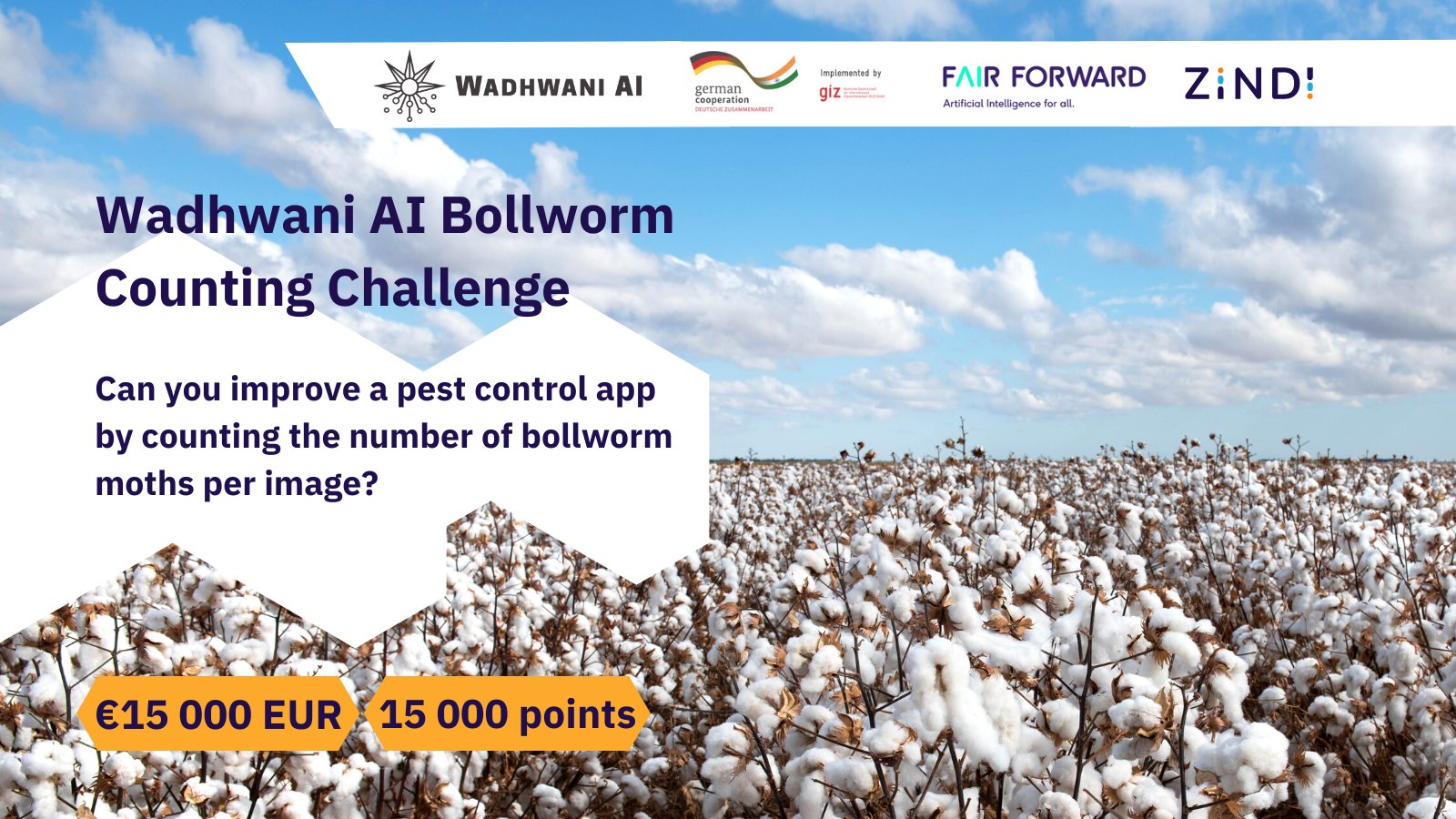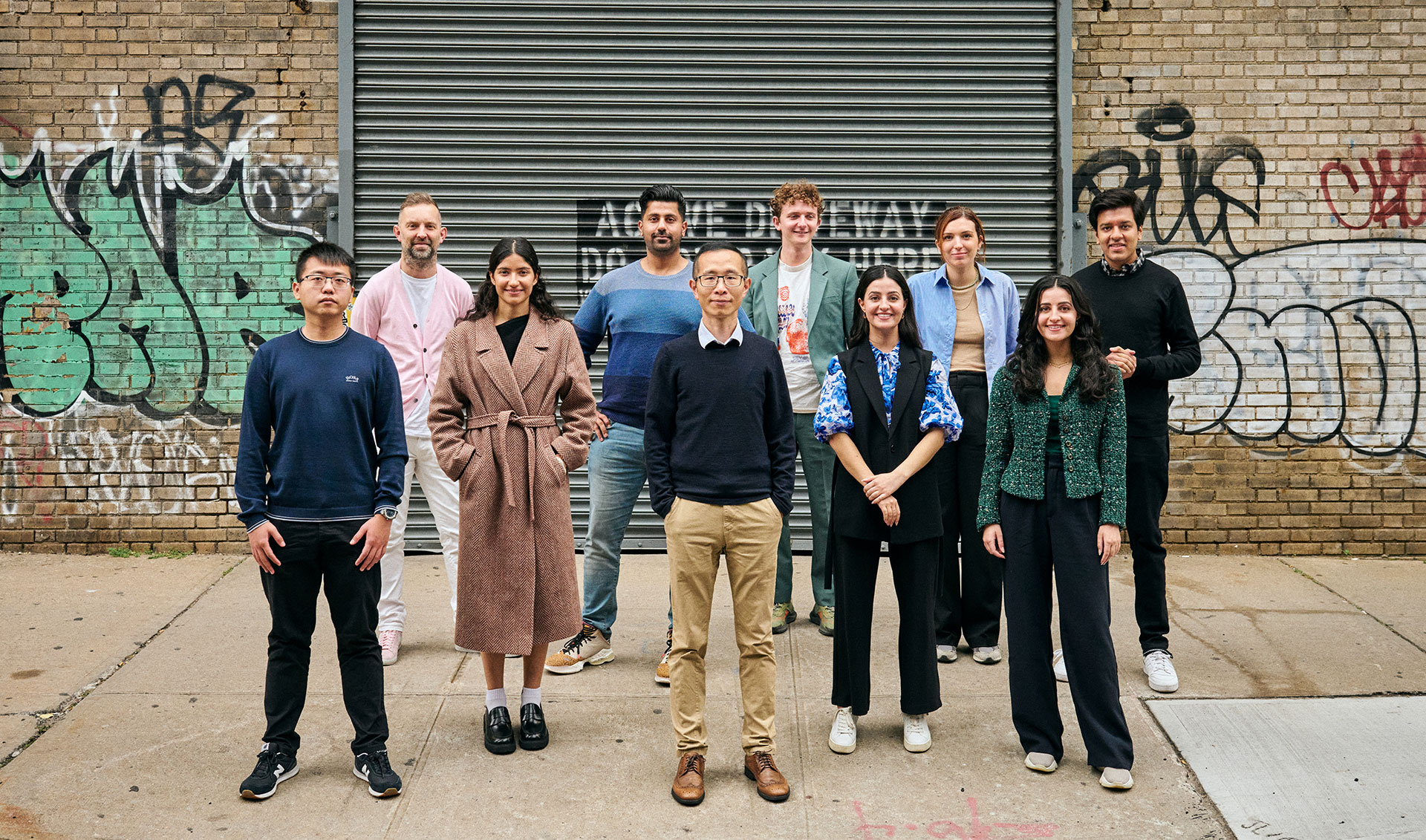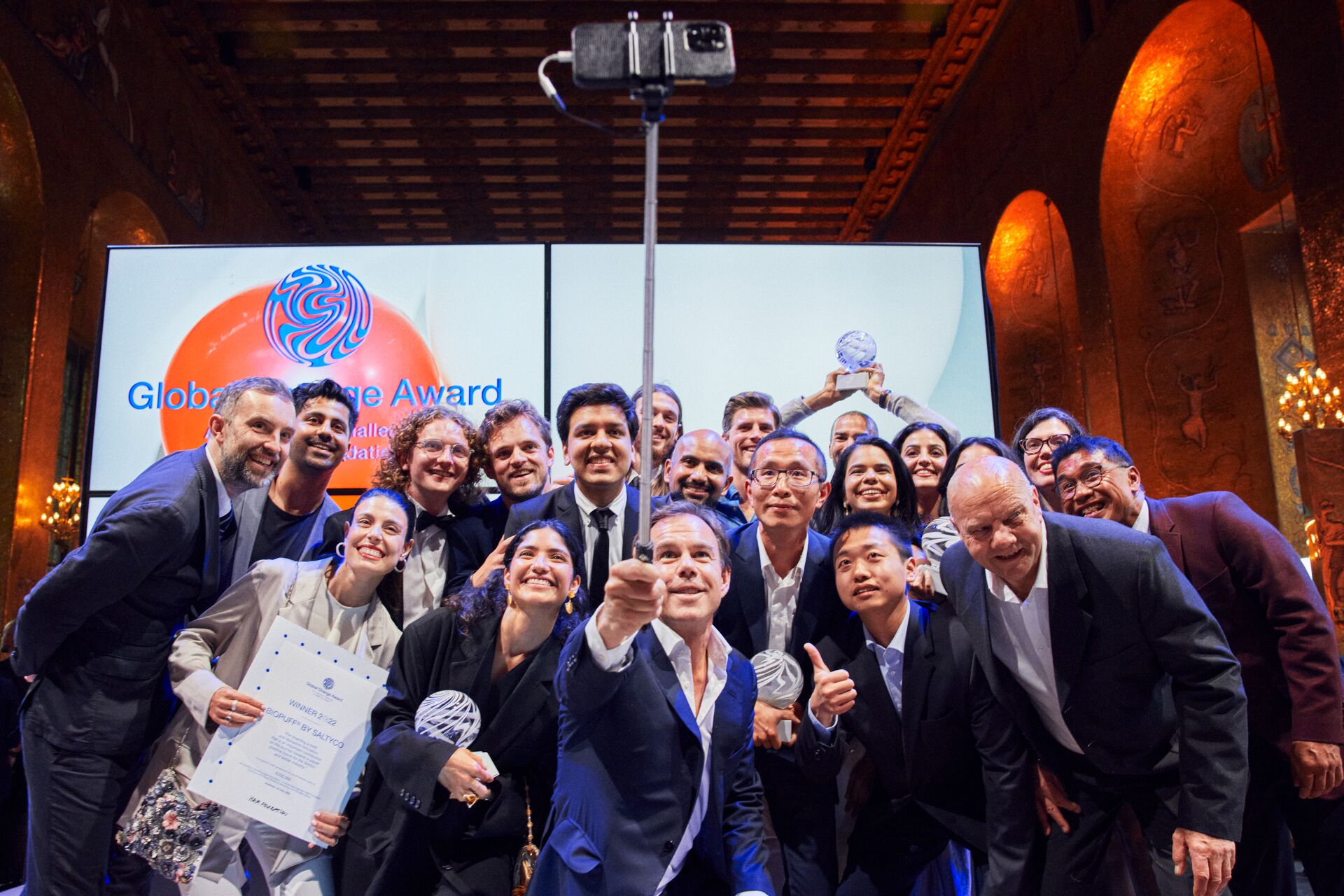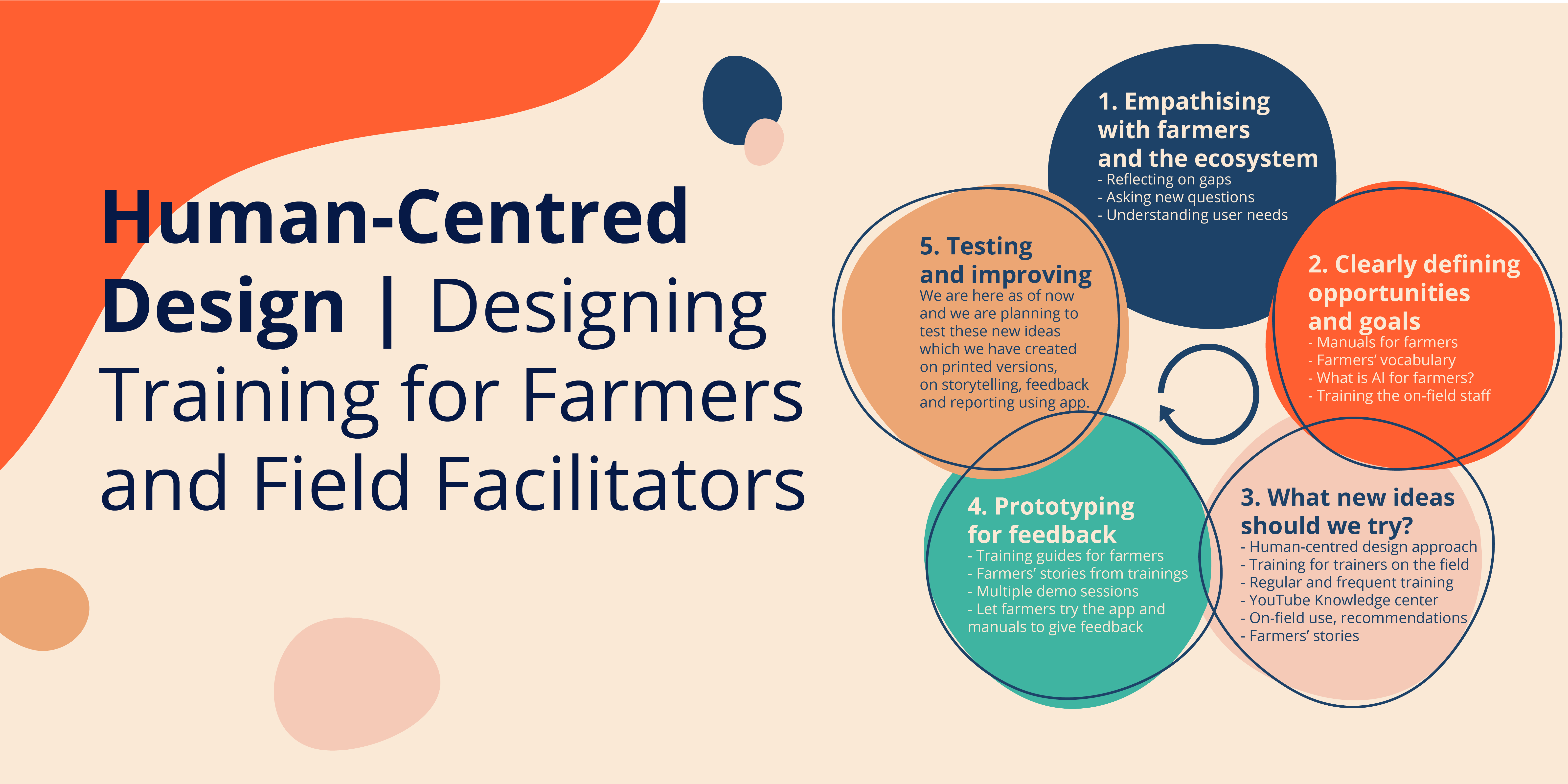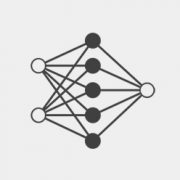During the Kharif season of 2017, cotton farmers across India lost large portions of their crop to a pest known as bollworms. Since then, farmers have been encouraged to install pheromone traps in their fields as part of a larger effort to control the problem. Pheromone traps capture male bollworms that are capable of reproducing. By counting the number of bollworms caught in such traps, farmers can estimate potential bollworm infestation to make informed decisions about whether pesticides should be applied to minimise future damage.
Wadhwani AI has developed a mobile app that allows farmers to take photographs of trap catches and receive recommendations based on AI-generated counts of pests in those images. One of the biggest challenges for the app is knowing when there are no pests in the image. This can happen because there were no pests actually caught in the trap. It can also occur when users are experimenting with the app outside of their fields — during training sessions, or demonstrating the flow to friends.
When there are no pests in the image but the app says otherwise, user trust is immediately eroded.
Although the Wadhwani AI machine learning team has worked on this model for years, we are keen to explore new ideas for tackling the challenge. This competition, in collaboration with Zindi, FAIR Forward and GIZ, is a step in that direction.
Take the Challenge
The objective of this challenge is to use our training data — data captured by farmers and farm extension workers since 2018 — to build models that accurately count the number of bollworms present in the image data.
Click here to watch the launch webinar video.
This competition and the associated data preparation are made possible with support by the convening sponsor, FAIR Forward – Artificial Intelligence for All, which is implemented by Deutsche Gesellschaft für Internationale Zusammenarbeit (GIZ) GmbH on behalf of the German Ministry for Economic Cooperation and Development (BMZ).

The FAIR Forward – Artificial Intelligence for All initiative promotes a more open, inclusive and sustainable approach to AI on an international level. It is implemented by the Deutsche Gesellschaft für Internationale Zusammenarbeit (GIZ) on behalf of the German Federal Ministry for Economic Cooperation and Development (BMZ). FAIR Forward seeks to improve the foundations for AI innovation and policy in five partner countries: Rwanda, Uganda, Ghana, South Africa and India. Together with our partners, we focus on three areas of action: (1) strengthen local technical know-how on AI, (2) increase access to open AI training data, (3) develop policy frameworks ready for AI. For more information see https://toolkit-digitalisierung.de/en/fair-forward/.


